We may earn revenue from the products available on this page and participate in affiliate programs. Learn More ›
A Tradition of Renewal
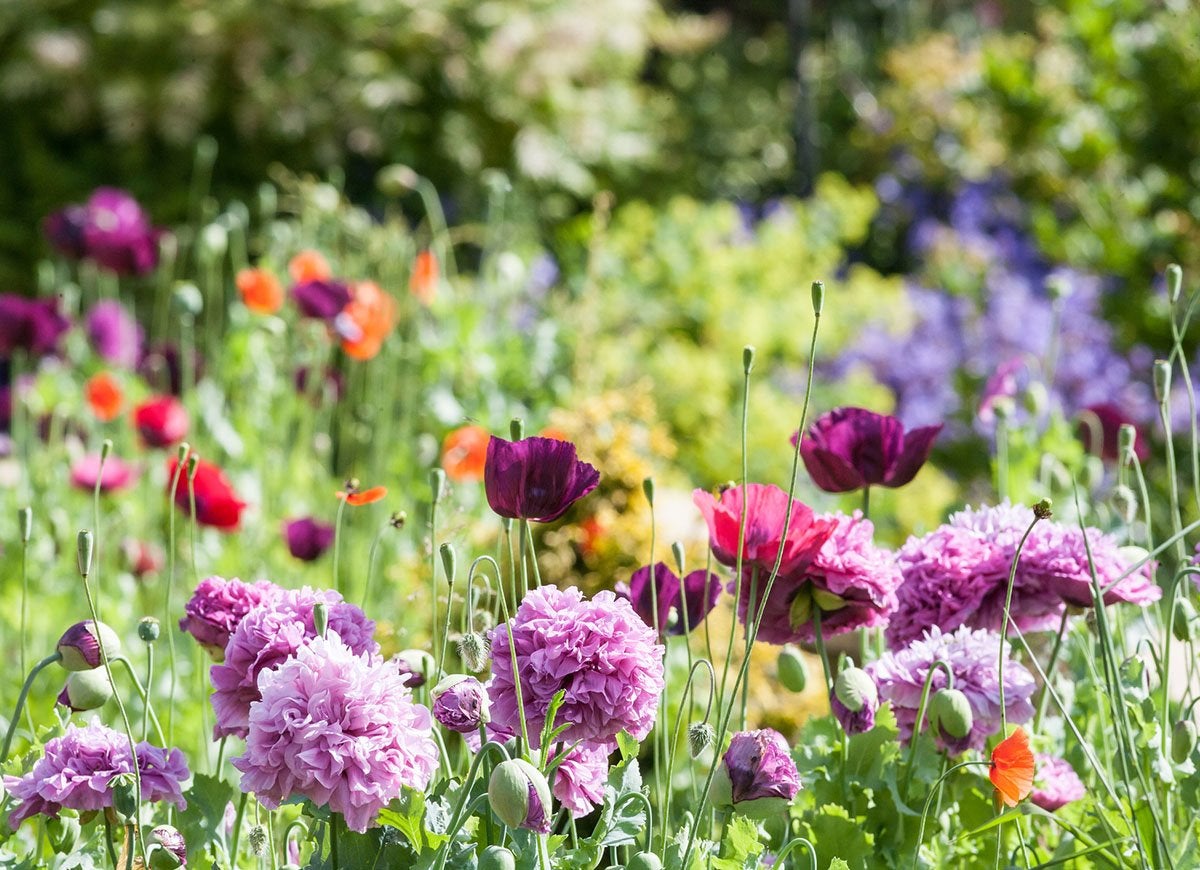
As the earth tilts toward the sun, in the northern hemisphere at least, the daffodils are blooming and there’s a freshness in the air. It feels natural to fling open the windows, let in some fresh air—and maybe vacuum under the rugs. This “feeling” is part of a worldwide phenomenon known as spring cleaning. With roots that trail through neurochemistry, religion, spirituality, and healthy living, spring cleaning is a popular practice that, given its prevalence, could even be considered a global rite.
Neural Rhythms
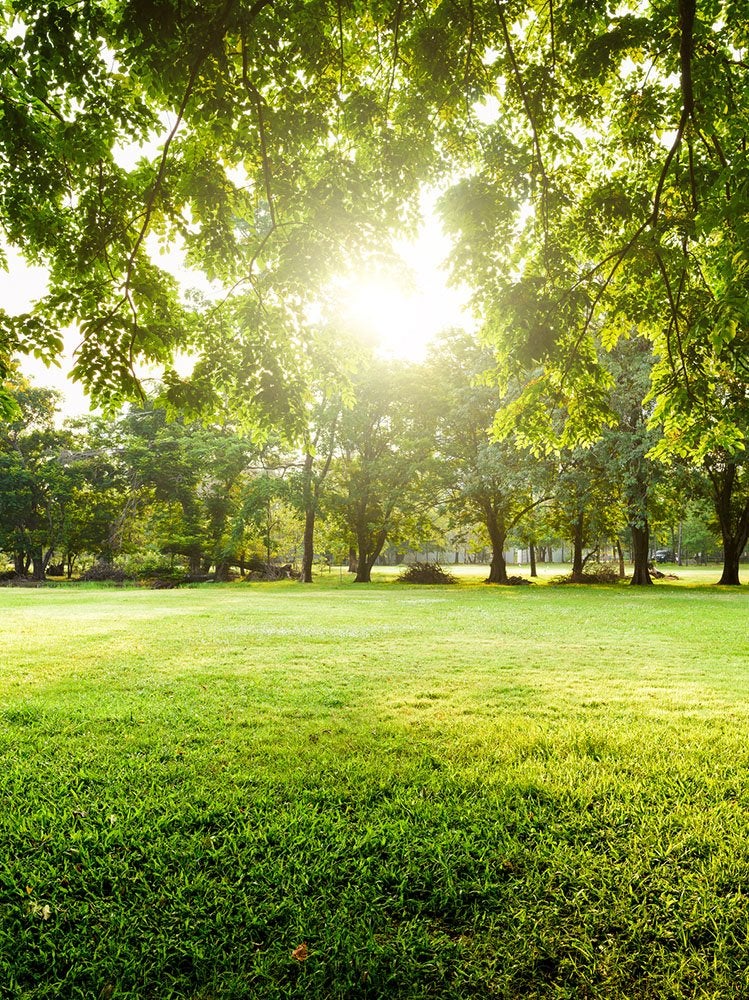
istockphoto.com
Biology may play a role in the human urge to spring clean. During darker winter months, the body produces more melatonin, a hormone that increases sleepiness. As days lengthen, this natural lethargy lessens and we literally feel “lighter.” With greater energy, we’re more likely to want to clean our homes.
Ancestral Memory
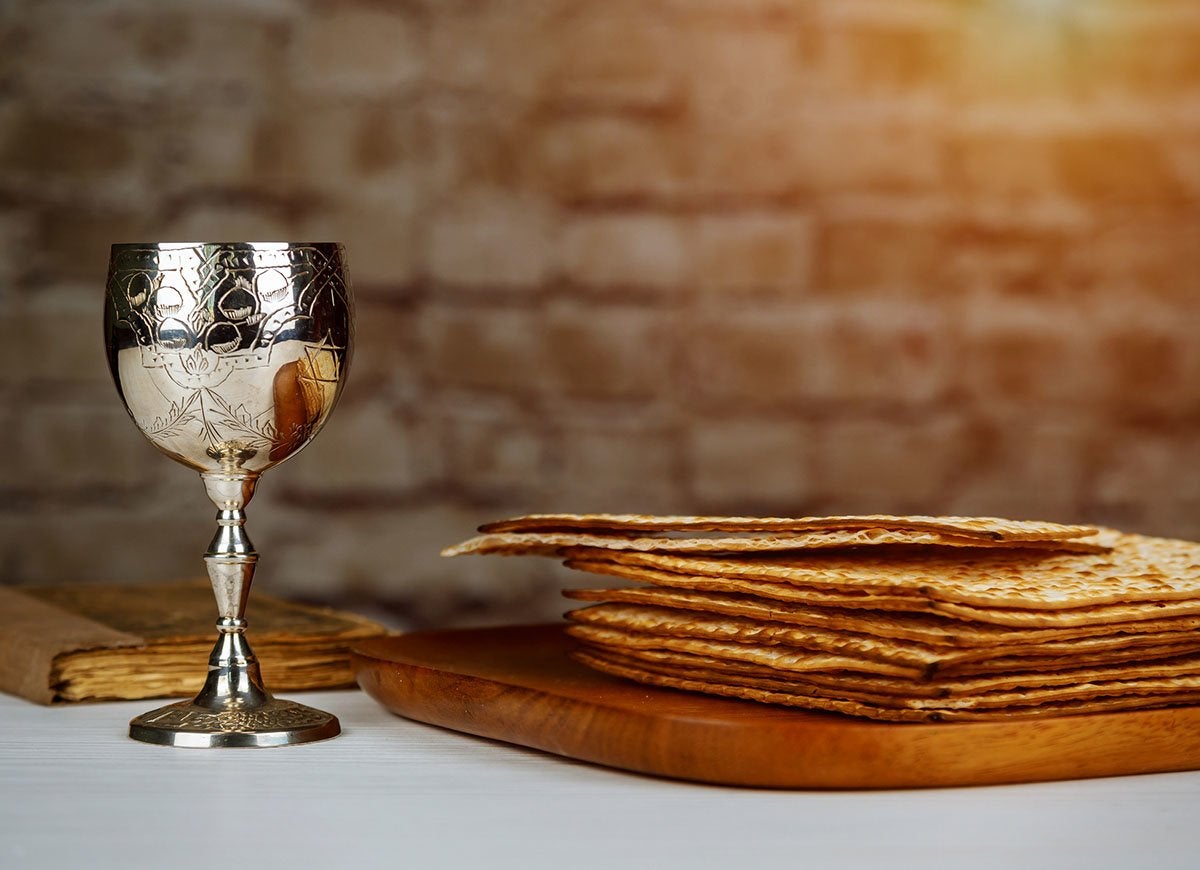
In the Judeo-Christian tradition, spring cleaning dates back to biblical times. According to the Book of Exodus, the Israelites had to leave Egypt in such a hurry that they did not have time for bread to rise and had to rely on unleavened bread for their journey. During Passover, which typically falls between late March and mid-April, to commemorate the liberation of the Israelites, the Torah requires that no traces of leaven (called “chametz”) be left in the house. And it takes a heap of cleaning to get rid of every crumb!
Sacred Purification

In Thailand and a number of other South and Southeast Asian countries, the new year is celebrated from April 13 to 15. This is the holiday of Songkran, a festival of purification. It’s also a time when many people scour their homes from top to bottom. Water plays a vital role in this celebration of washing away sins and bad luck. People take to the streets to pour water over each other, and in a sacred rite they pour water over statues of the Buddha, asking for blessings and good luck in the new year.
Golden Week

The Japanese practice of ōsōji (big cleanup) dates back to the Edo Period (1603 to 1868) if not before. In this December ritual, people clean their homes to welcome the deities of the new year. Today, many continue the practice during Japan’s Golden Week, a period of seven days from late April to early May that contains four national holidays.
Shaking the House
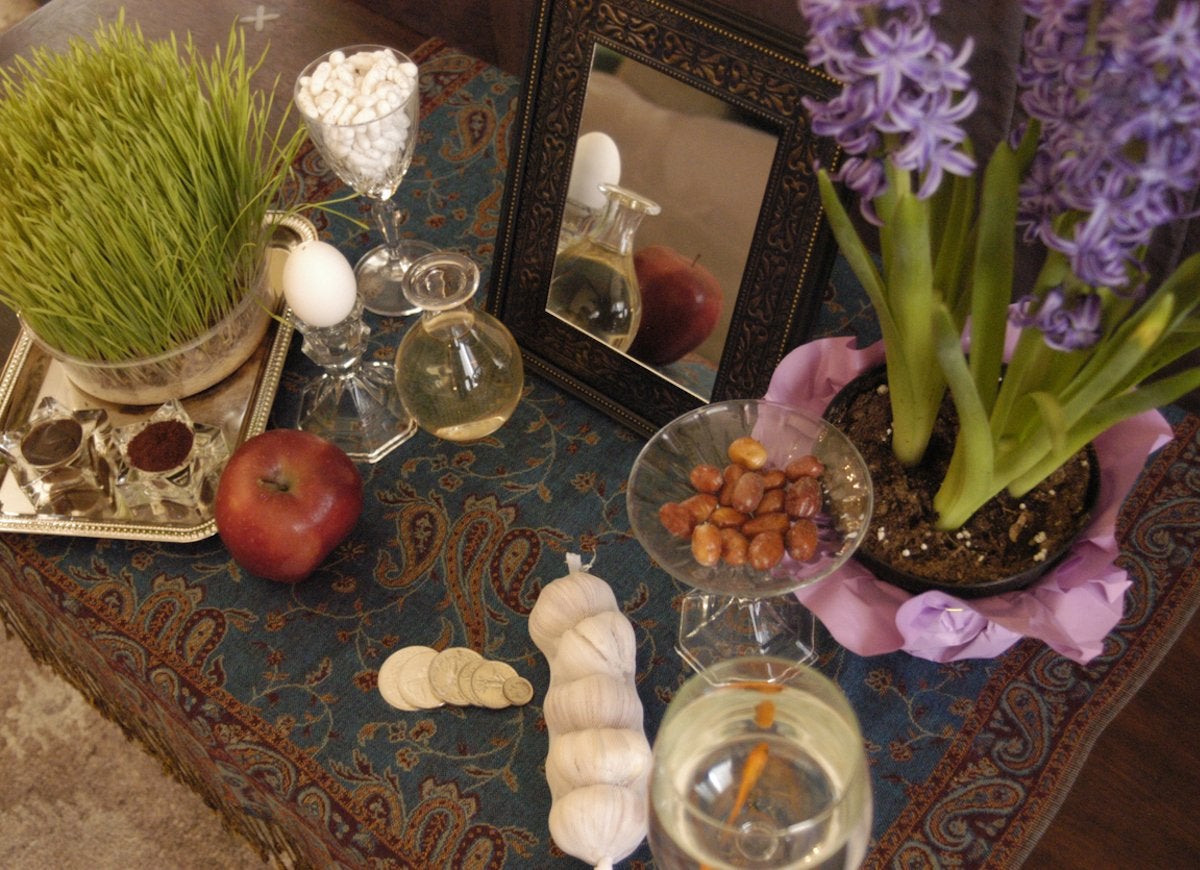
Nowruz is the Persian new year, celebrated on the first day of spring (around March 20). In addition to eating special foods and wearing bright colors, many Iranians still practice khaneh tekani, which means “shaking the house.” Everything gets cleaned, and the dust of the old year is swept away and replaced with fresh flowers like hyacinth and tulips.
Mrs. Beeton Recommends
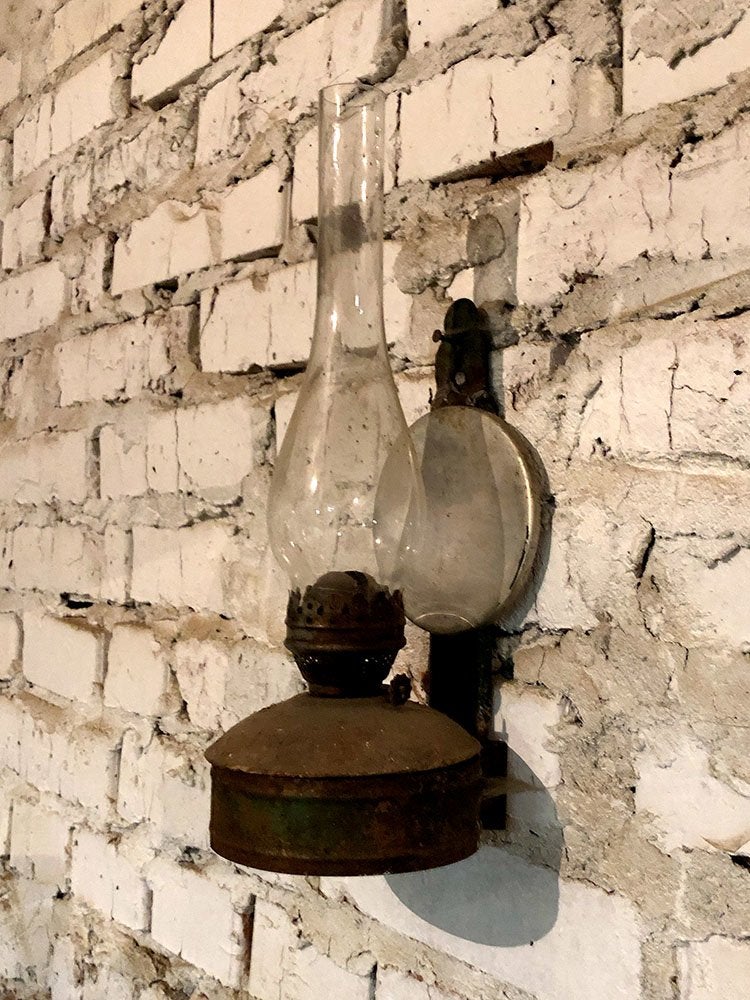
During the Victorian era (1838 to 1901), people largely burned coal for warmth and used oil or gas lamps for light. By winter’s end, windows and furnishings were covered in coal dust and oily grime. The pioneering English journalist Isabella Beeton canonized spring cleaning in her popular Mrs. Beeton’s Book of Household Management, where she states that “spring is the usual period set apart for house-cleaning.”
It’s More Than a Day

In modern-day England, spring cleaning has been promoted by PR firms and has grown into National Spring Cleaning Week. The campaign has expanded beyond the home to encourage the public to spring clean their finances, technology, and health.
Related: Done With Winter? 12 Things You Can Do Now to Prep for Spring
A Legacy of Civic Pride

On April 20, 1950, The Aspen Times rallied its citizens for a community-wide cleaning spree. The focus? Yards, gardens, and unattractive vacant lots. The gallant people of Aspen, Colorado, responded, tidying their backyards and planting flowers in public spaces. This celebration of community spirit has left a legacy of civic pride.
Cleaning to Preserve

Spring cleaning isn’t just part of our culture, it also helps us preserve that culture for generations to come. Preservation Virginia, a nonprofit that helps maintain historic properties in the Commonwealth State, has tips for spring cleaning old homes and caring for antiques and heirlooms. Rule number one: Employ mild cleaners and gentle techniques, and be patient.
"The Fresh Start Effect”

Katherine Milkman, a professor at Penn State, hypothesizes that people “feel more motivated to set and execute their goals [on] socially meaningful calendar dates” like the new year, a new semester, or the start of spring. This “fresh start effect” can have measurable positive effects in the lives of individuals—and across society. So, if you’re seeking change this spring, why not go beyond cleaning your home and set a few healthy resolutions too?
Related: 30 Spring Cleaning Tasks You Can Tackle With Natural Ingredients

Everything You Need for a Lush and Healthy Lawn
Keeping your grass green and your plants thriving doesn’t just take a green thumb—it starts with the right tools and supplies.
